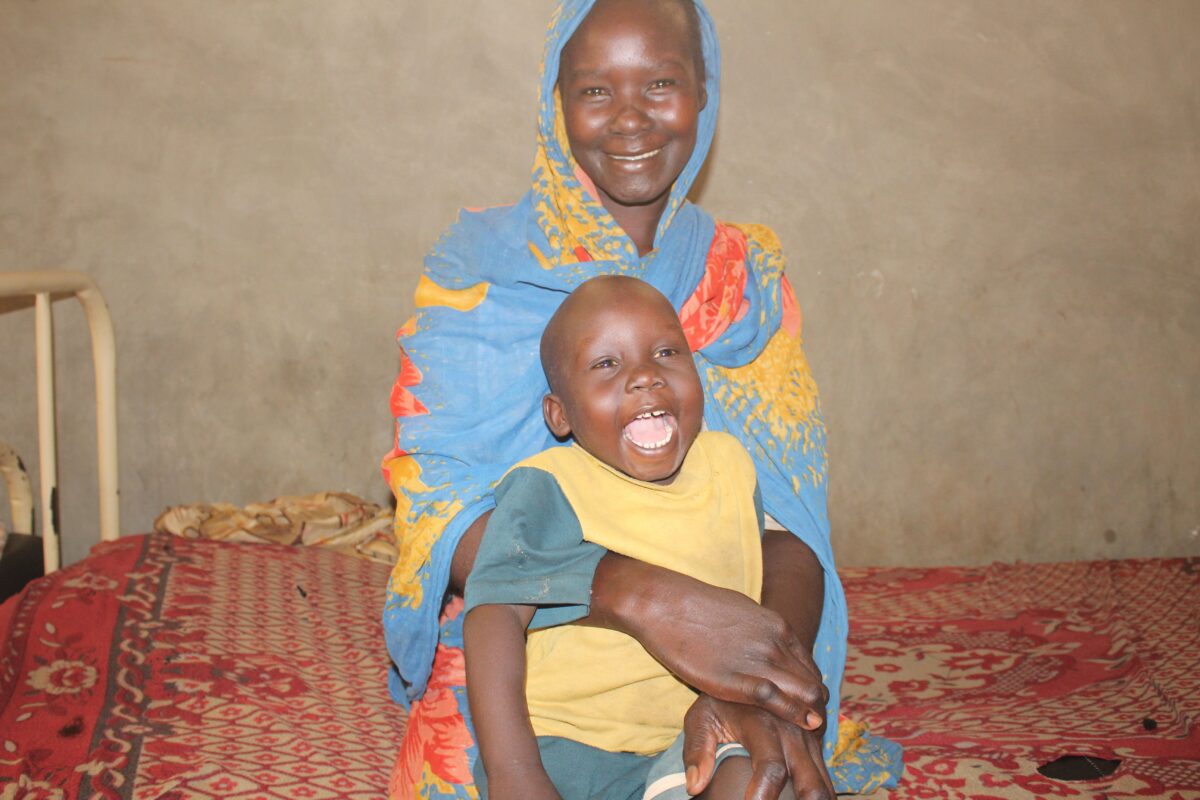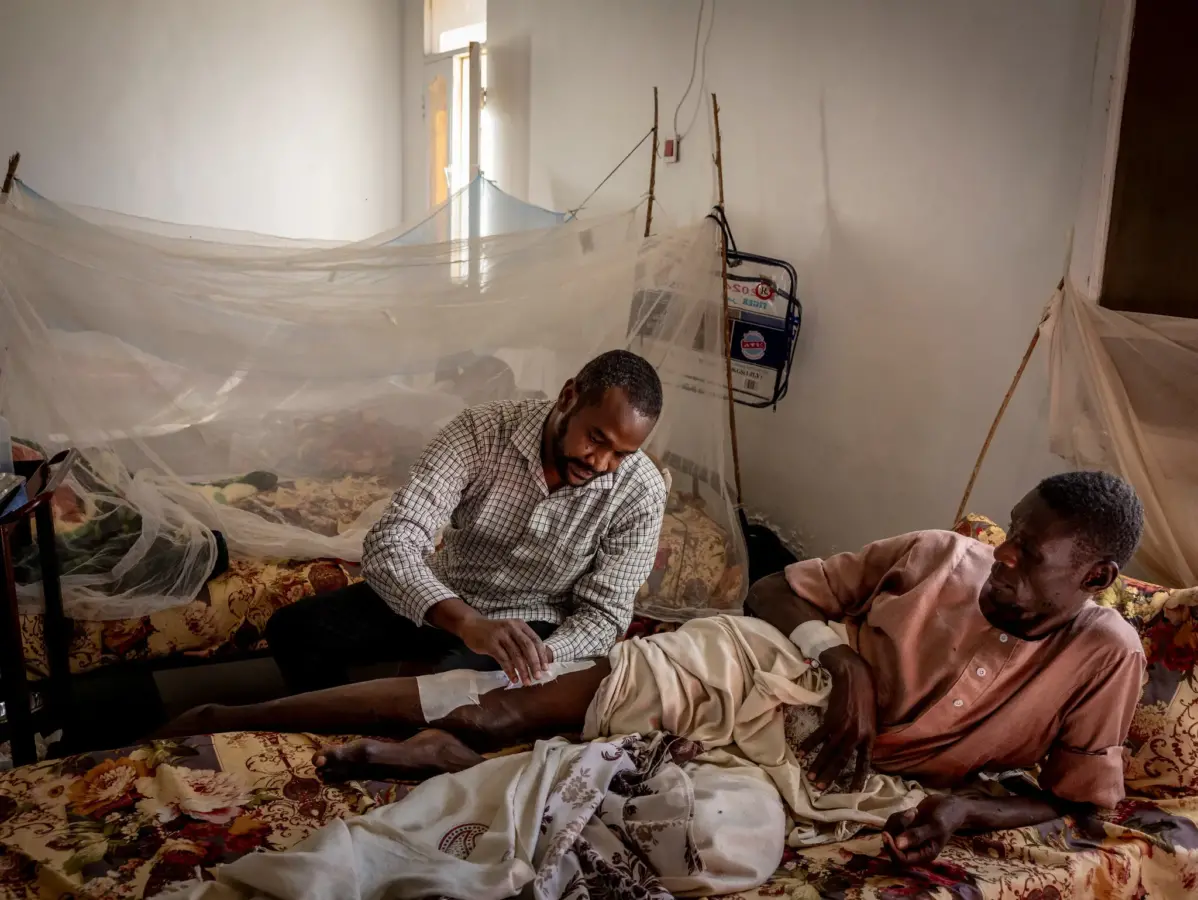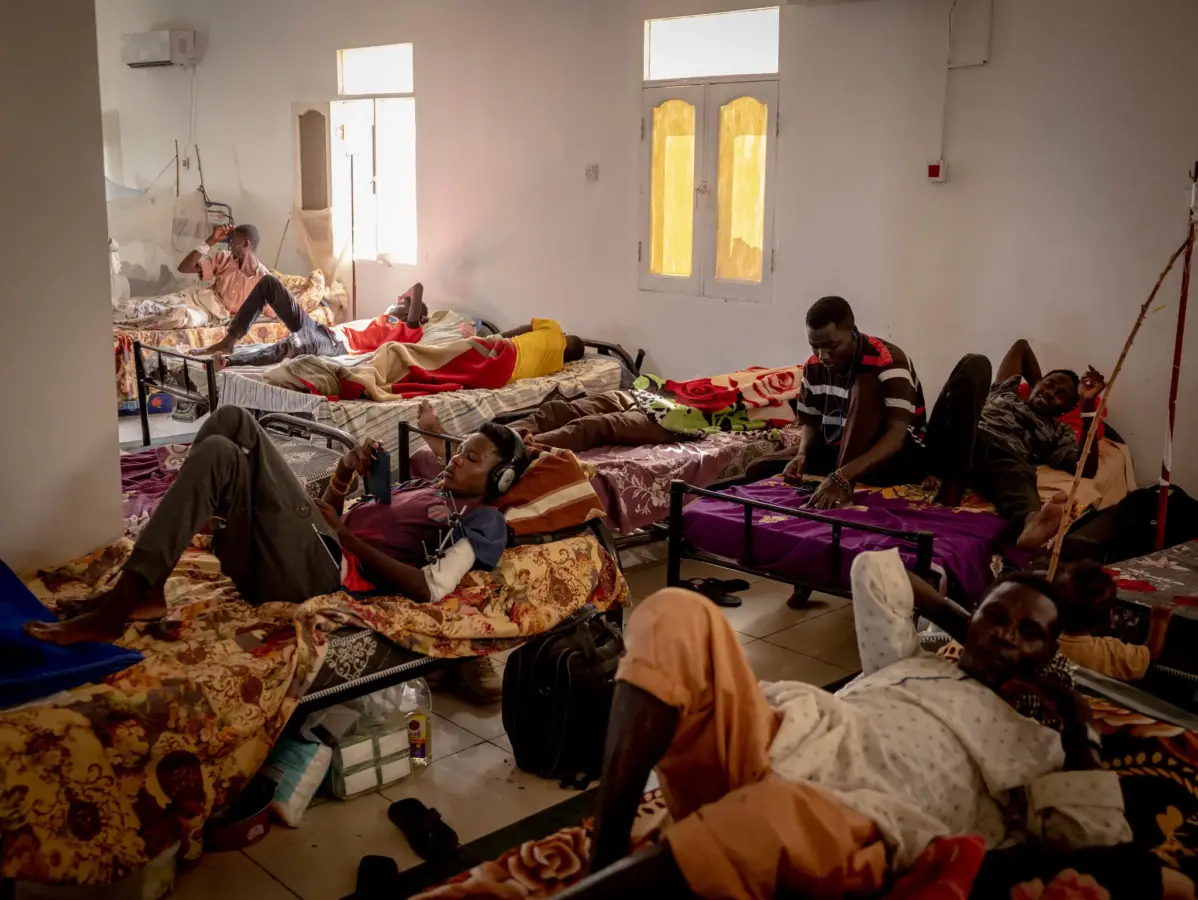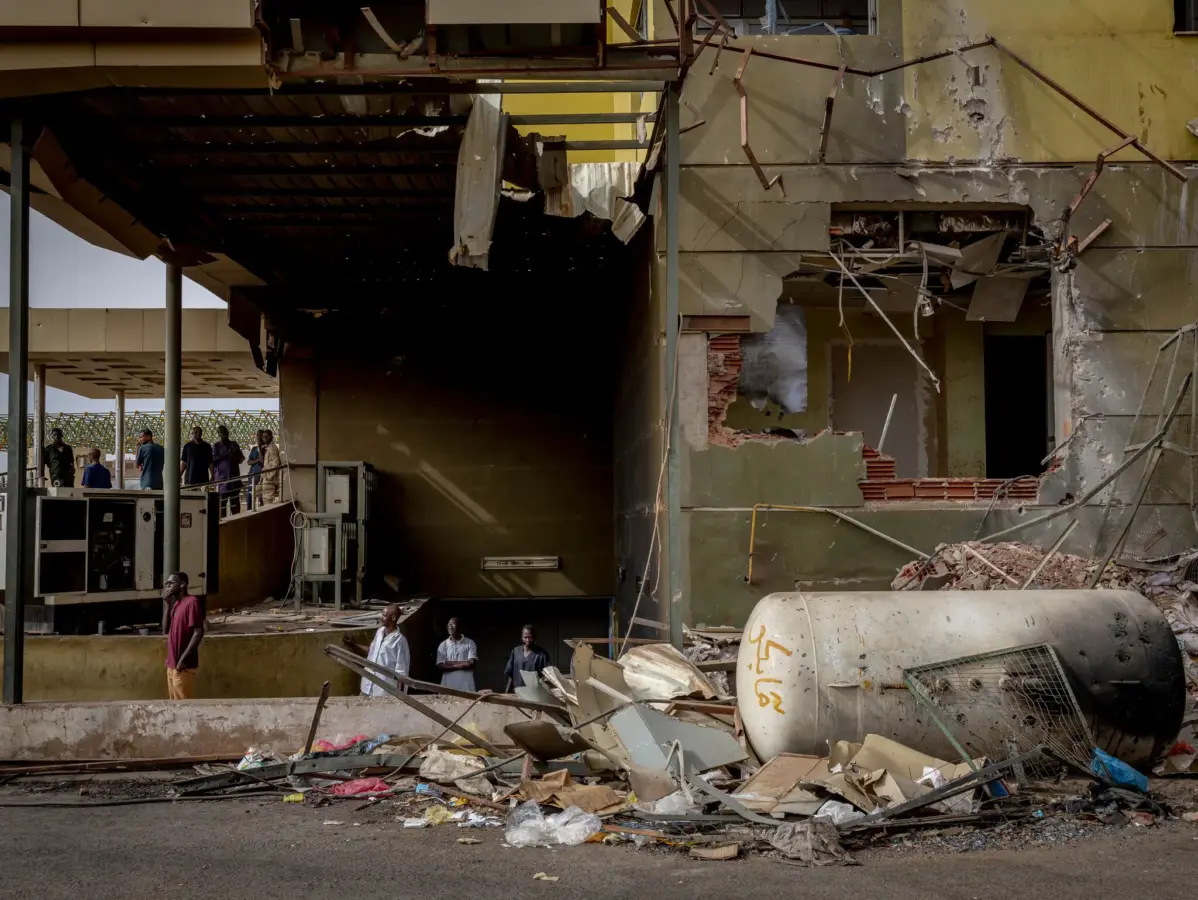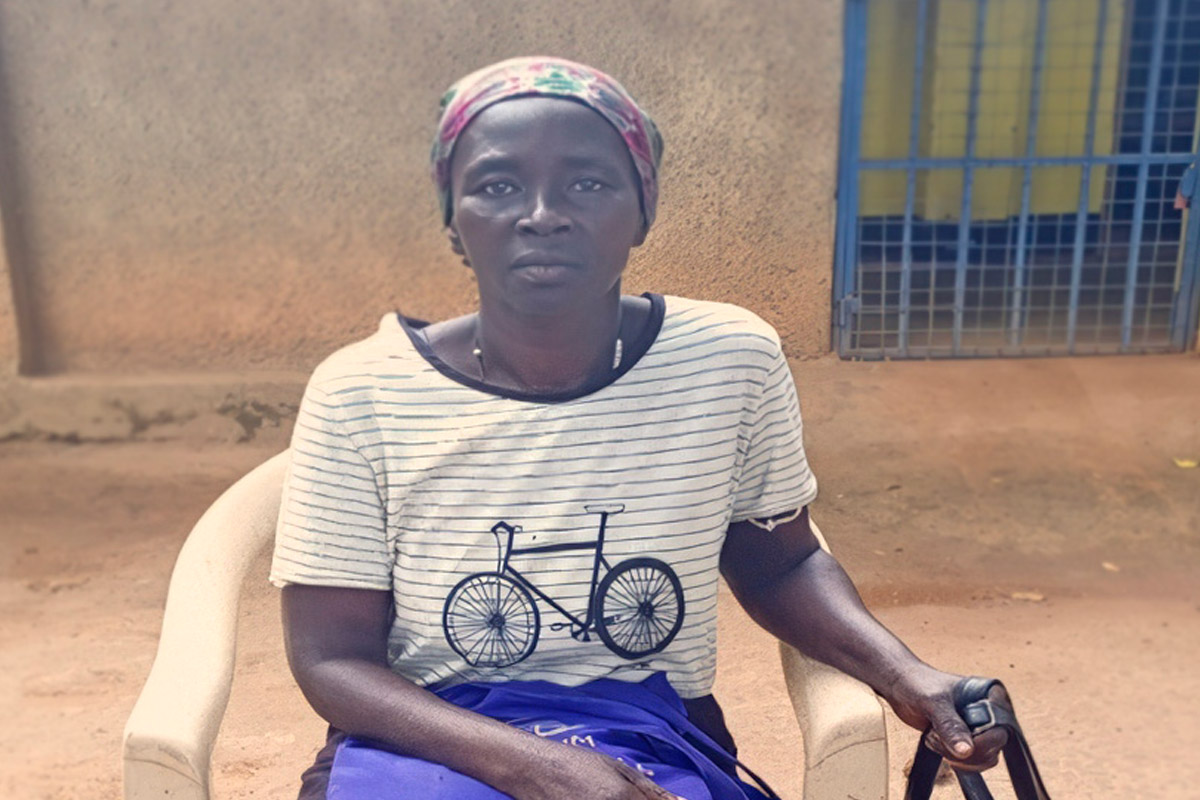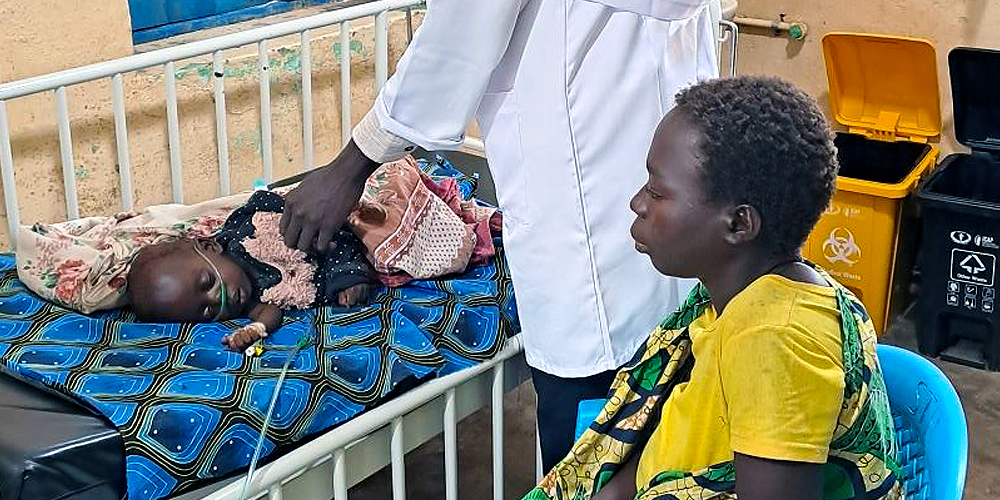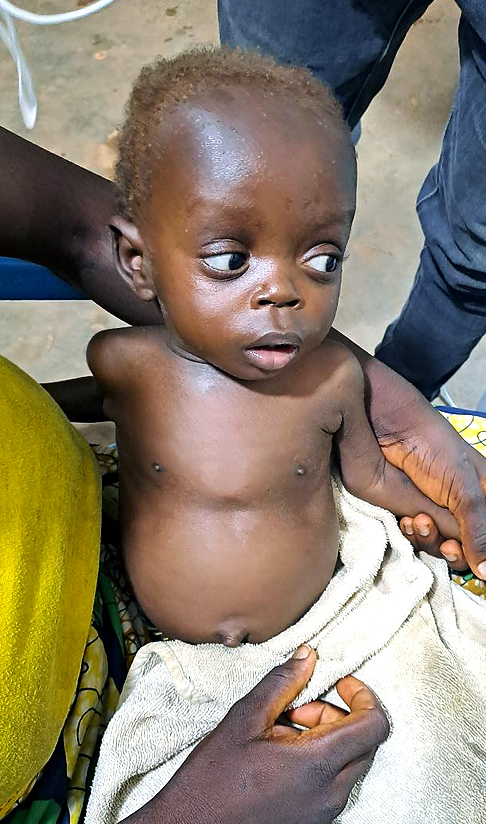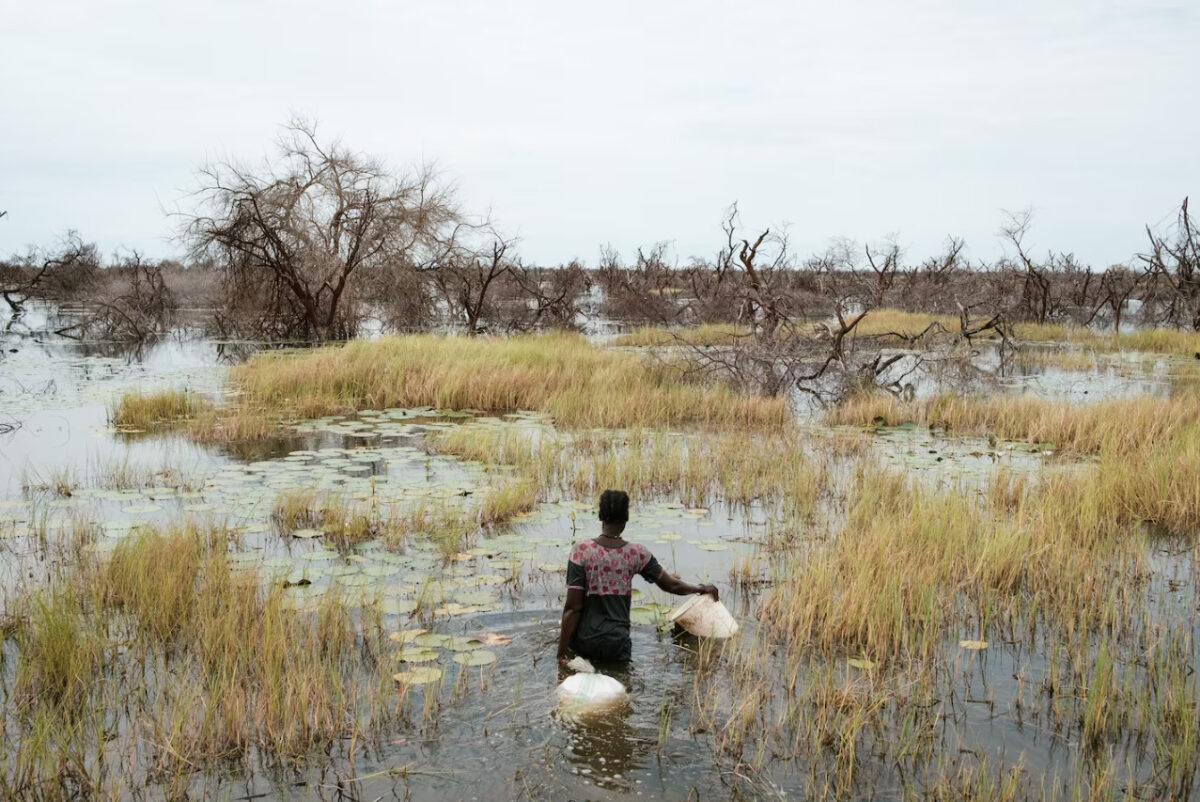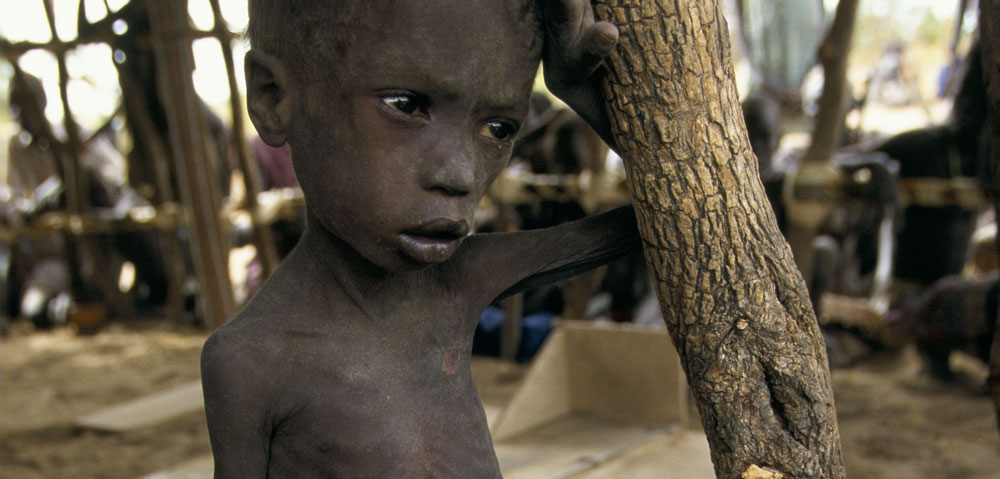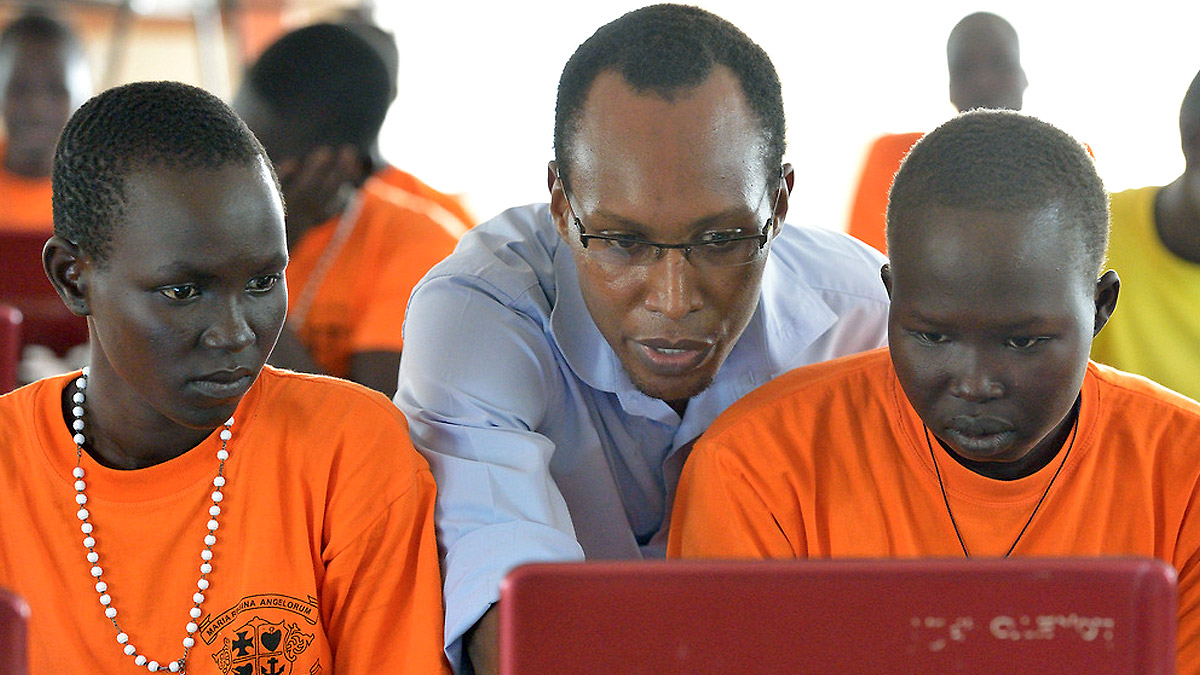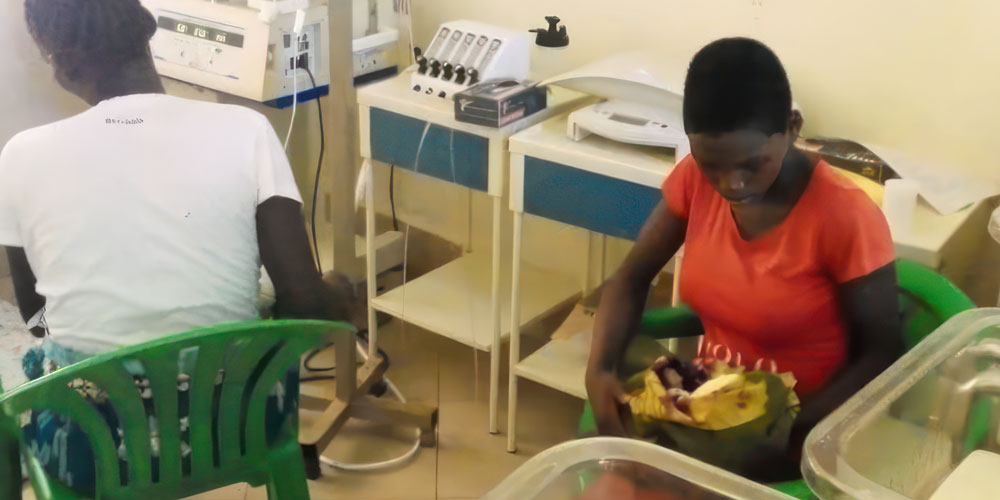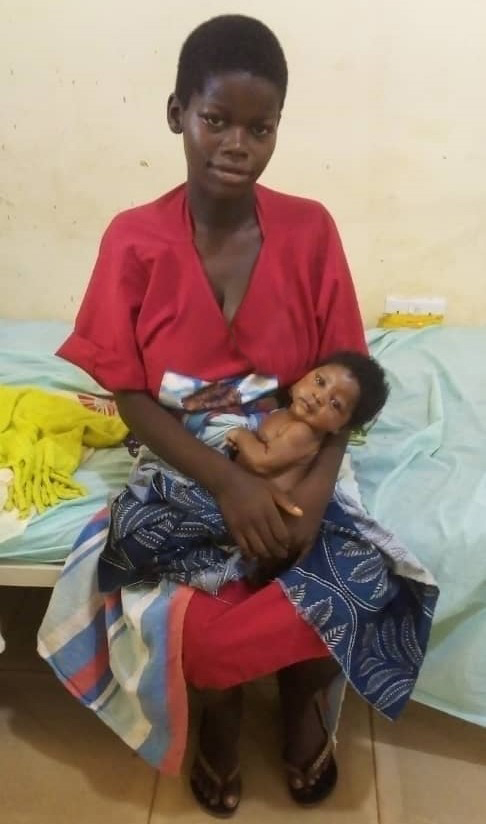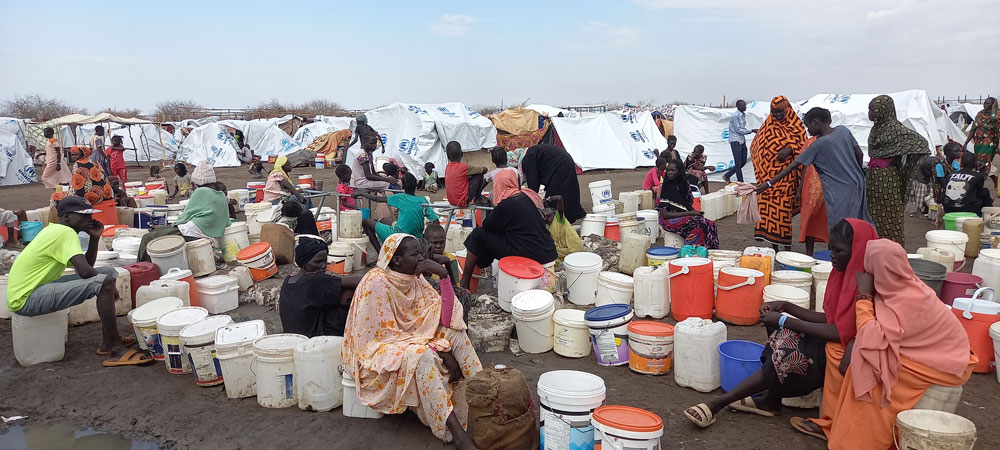
Hundreds of Thousands Face Starvation as Sudan War Rages
Sudan Relief Fund Keeps Up Humanitarian Aid to South Sudan
The devastating effects of Sudan’s civil war have put three quarters of a million people at risk of starving in the coming months, humanitarian aid agencies now warn.
As the war rages into its second year, the displacement toll climbs to more than ten million people who’ve been forced from their homes, most fleeing to neighboring countries and refugee camps.
Besides a massive displacement crisis, the war has brought agricultural production in Sudan to a drastic halt. Farmers are unable to plant. Transportation routes have been occupied, and the distribution of supplies has turned into a weapon used by factions on both sides of the conflict.
The result is a disastrous food shortage throughout Sudan and among civilian refugees who’ve already lost homes and livelihoods. Now the region is on the brink of severe and widespread famine. The area of Darfur is of extreme concern, surrounded by the Rapid Support Forces who comprise many of the same militia that perpetrated war crimes and attempted genocide in Darfur in Sudan’s previous civil war.
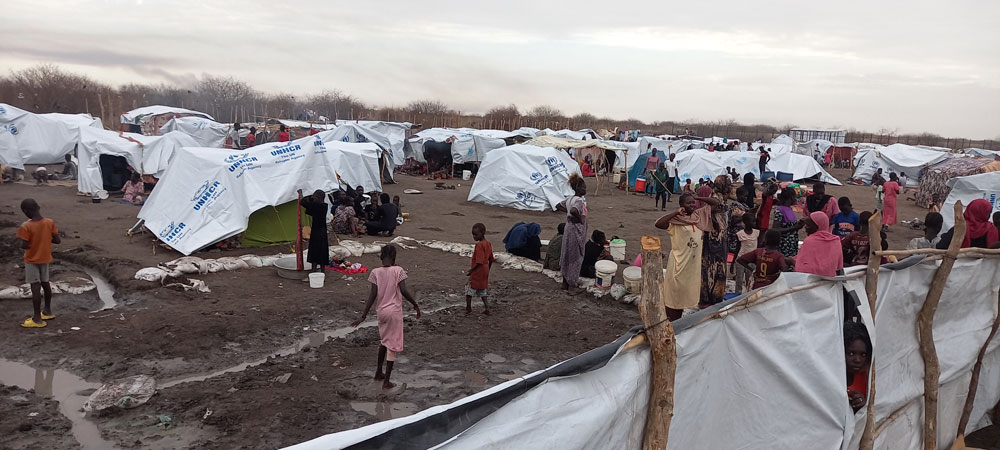
Meanwhile the fighting continues between two military powers struggling for control of the nation. Adding fuel to the conflict is the lack of high level attention Sudan’s war has garnered on the global scene, usurped by interest in the Ukraine war and events in Gaza.
Lack of action from world governments has only strengthened resolve by each side to refuse any form of negotiation. The International Rescue Committee has placed Sudan at the top of their emergency list for 2024, while watch agencies fear a collapse reminiscent of Somalia. The IRC charges “the world has failed Sudan” in this humanitarian disaster.
“We just want the fighting to stop,” says a representative from the IRC who spoke with NPR. She is herself a resident of Sudan’s capital city, whose own home in Khartoum was demolished and looted in the fighting. She says the number of deaths from the war and stories of starvation have been under reported.

Sudan Relief Fund continues to serve in refugee camps in northern areas of South Sudan, administering emergency food and relief supplies as the number of arriving refugees continues to grow.
Listen to more reports from NPR here and here. Find out how you can partner with Sudan Relief Fund to help feed starving families here.


